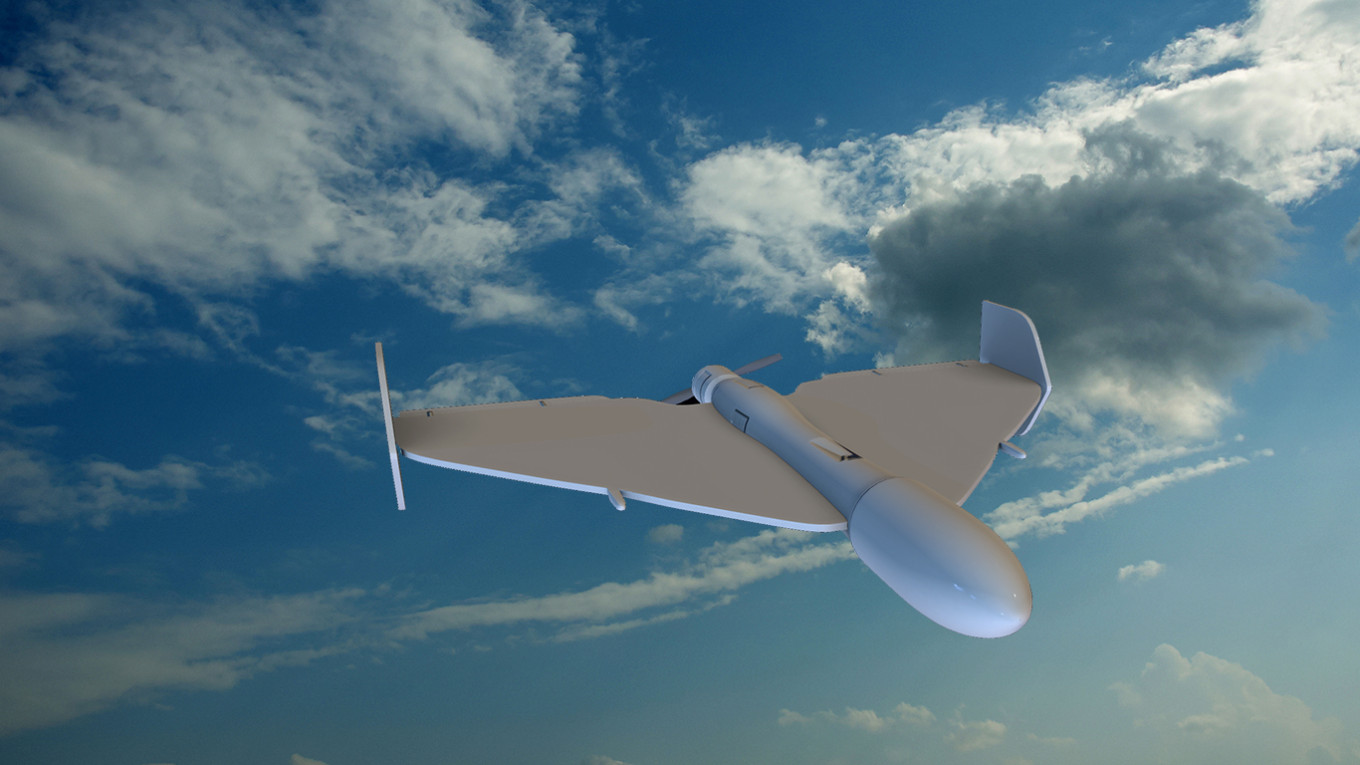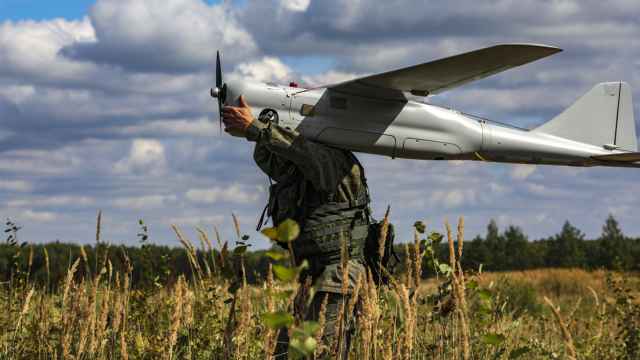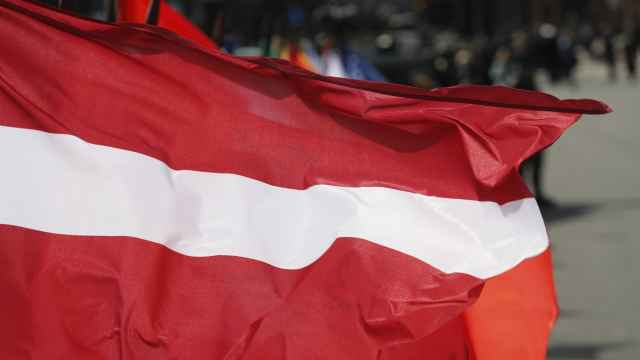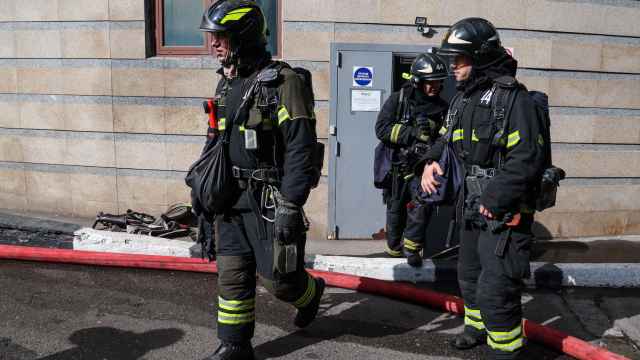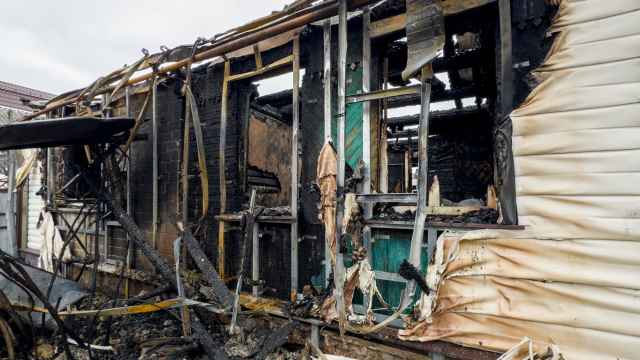Latvia's armed forces on Monday said the Russian drone that crashed on the Baltic state's territory was an Iranian-designed Shahed equipped with explosives.
Riga had earlier announced that investigators were looking into a drone that had crashed in the eastern part of the country on Saturday.
Latvia, which was once ruled by the Soviet Union but is now an EU and NATO member, has had tense relations with Moscow following independence, and ties have further deteriorated since Russia invaded Ukraine in February 2022.
"The explosive warhead stuck half a meter deep into the ground and was neutralized on the spot, avoiding detonation," Latvian armed forces commander General Leonids Kalnins told a press conference.
This "allowed our military intelligence officers to gather all the debris and remnants from the drone for further investigation, details of which will be shared with all of our NATO partners," he said.
Because of the ongoing investigation, the general did not specify how and when the drone was deactivated.
Latvian air force commander Colonel Viesturs Masulis said "the drone was not aimed at a military target in our country. It sort of drifted into Latvia."
"The drone was seen by our air defenses while still deep into Belarusian airspace, which gave us time to react," he said at the briefing.
Defense Minister Andris Spruds said the army had already dispatched additional mobile anti-aircraft units to Latvia's borderlands.
Latvian President Edgars Rinkevics had said Sunday that airspace breaches had increased along NATO's eastern borders.
Romania on Sunday said a Russian attack drone targeting civilian infrastructure in Ukraine had entered its airspace overnight.
Fellow NATO member Poland has also recorded at least two cases of its airspace being violated by Russian missiles or drones attacking Ukraine, most recently in December.
A Message from The Moscow Times:
Dear readers,
We are facing unprecedented challenges. Russia's Prosecutor General's Office has designated The Moscow Times as an "undesirable" organization, criminalizing our work and putting our staff at risk of prosecution. This follows our earlier unjust labeling as a "foreign agent."
These actions are direct attempts to silence independent journalism in Russia. The authorities claim our work "discredits the decisions of the Russian leadership." We see things differently: we strive to provide accurate, unbiased reporting on Russia.
We, the journalists of The Moscow Times, refuse to be silenced. But to continue our work, we need your help.
Your support, no matter how small, makes a world of difference. If you can, please support us monthly starting from just $2. It's quick to set up, and every contribution makes a significant impact.
By supporting The Moscow Times, you're defending open, independent journalism in the face of repression. Thank you for standing with us.
Remind me later.


